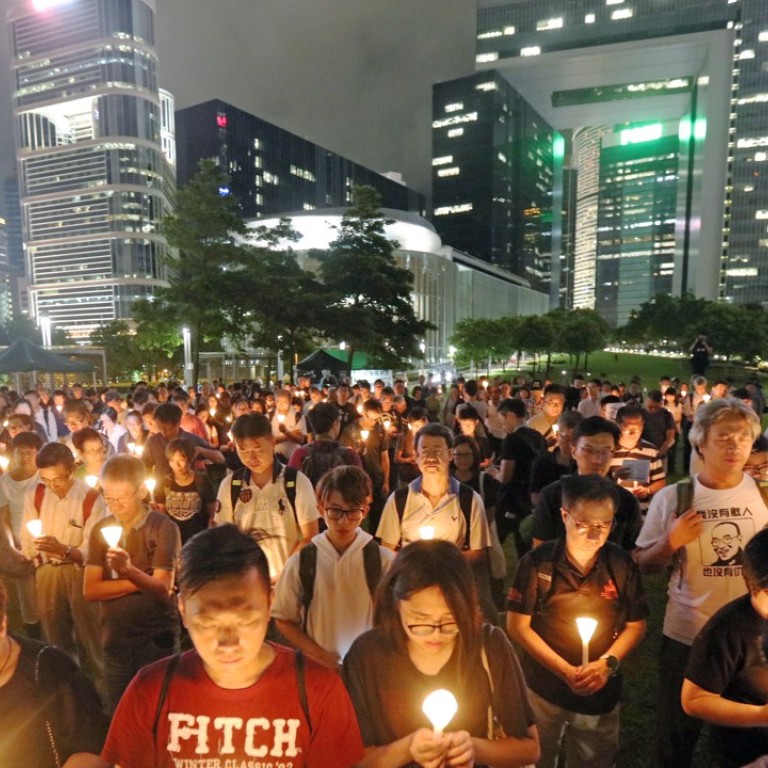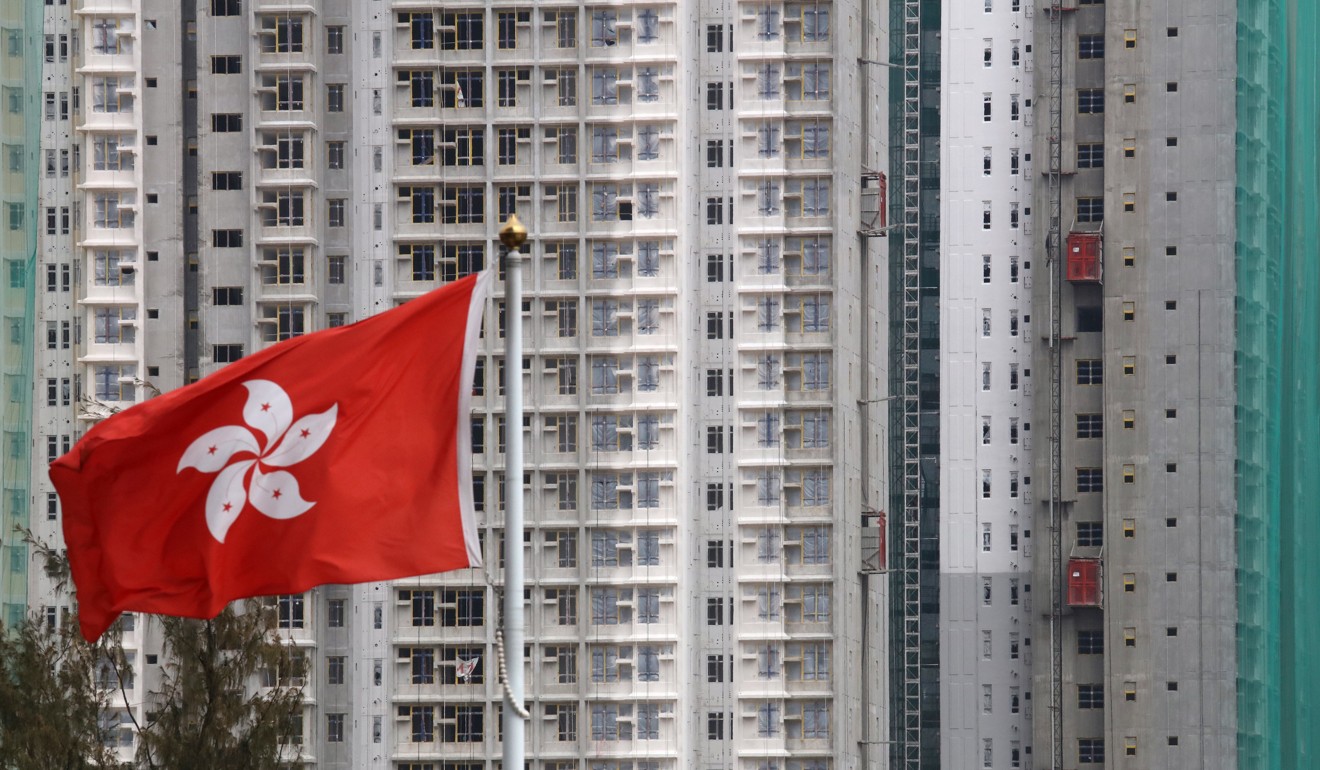
Freedom of speech fears see public confidence in Hong Kong sink to record low
Housing affordability also contributes to drop in index as new figures suggest it will take 16 years for family earning HK$300,000 to be able to buy a 400 sq ft home
Hong Kong’s residents are more worried than ever about what they say in public or on social media, an annual survey on quality of life in the city has found.
The study, conducted by Chinese University, said the public’s belief in freedom of speech had sunk to a record low – amid government crackdowns on those judged to be undermining China’s sovereignty over the city.
Housing affordability also contributed to drop in the index, with new figures suggesting it would now take a family 16.1 years to buy a 400 sq ft home.

That estimate was based on a HK$300,000 (US$38,000) annual income, with the family forgoing eating and drinking, and spending the entire sum on housing. The figure was up from the 14.5 years it was estimated to take in the 2016 survey.
Overall the latest Hong Kong quality-of-life index stood at 105.09, down from 105.3 in 2016, with a higher reading reflecting greater optimism among Hongkongers.
What worries people is any speeches come with a consequence, and there are people recording what they say
Associate professor of social work Wong Hung said more people were worried about freedom of speech than at any time in the past 15 years.
“Candidates were disqualified from running elections for what they said in public, while speeches of Hong Kong National Party members were recorded without their knowledge,” he said.
“We asked our students to be careful what they said on social media, because human resources staff may search for what they posted online when they are considering whether to hire them.”
Party co-founder Andy Chan Ho-tin revealed on Wednesday morning he had been handed a 700-page stack of documents by police, largely comprising transcripts of speeches he had given, and records of events he had attended.
“People can still say whatever they want,” Wong said. “What worries them is any speeches come with a consequence. And there are people recording what they say when they are not aware of it.”
A sub-index showed faith in freedom of speech had declined five years in a row.
Meanwhile, the housing problem “cast a big shadow” in the city, and is unlikely to show any signs of easing in 2018, said Terence Chong Tai-leung, Chinese University associate professor of economics.

“Home prices grew about 10 per cent in the first half of this year, and there are no signs of it coming down in the second half,” Chong said. “It is likely housing affordability will worsen this year.”
Compiled annually since 2002, the quality-of-life index comprises health, social, culture and leisure, economic, and environmental issues.
The latest survey was conducted in August and September last year by polling about 1,000 people, while some economic issues were polled on a quarterly basis.
Assistant professor Roger Chung Yat-nork pointed out the growth in the government’s spending on health and education failed to keep pace with the growth in Hong Kong’s economy, as sub-indexes of both areas declined last year.

